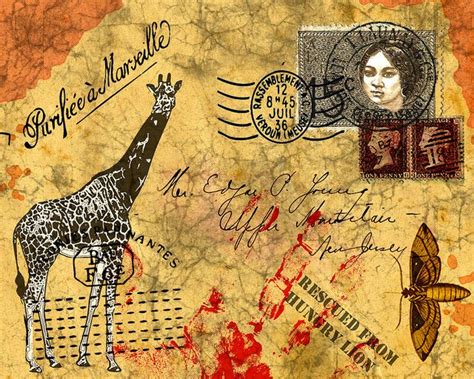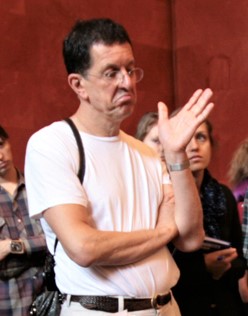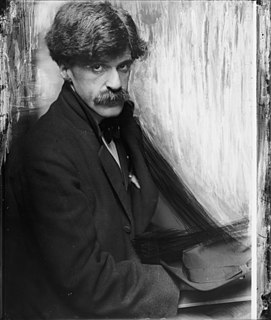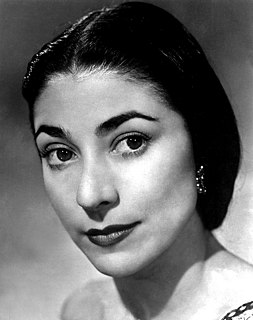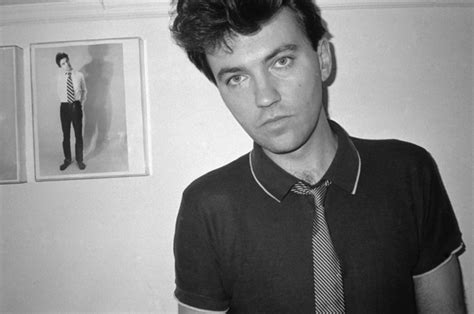A Quote by Eric Kandel
One of the ultimate challenges of biology is to understand how the brain becomes consciously aware of perception, experience and emotion. But it is equally conceivable that the exchange would be useful for the beholders of art, for people who enjoy art, for historians, and for the artists themselves.
Related Quotes
Two main groups like to drop the readymade bomb—galleries and art historians. Galleries love to drop the Duchamp brand because dealers can try to convince clients of an artist’s worth just by mentioning the mouthwatering response readymade. Most Art Historians aren’t interested in what artists are making in Bushwick studios, most of whom rarely wake up with Duchamp on the brain.
For the first time in six or seven thousand years, many people of goodwill find themselves confused about art. They want to enjoy it because enjoying art is something they expect of themselves as civilized persons, but they're unsure how to do so. They aren't even sure which of the visible objects are art and which are furniture, clothes, hors d'oeuvres, or construction rubble, and whether a pile of dead and decomposing rats is deliberate art or just another pile of decomposing rats.
That's what I like about the idea of the aesthetic experience, the idea of both enjoying looking at works of art and how they kind of talk to you, and also the process of making art, getting back to that idea of the aesthetic experience of making art is very important, It's another way of thinking. Instead of just using your brain, you're using your hands to think with. They're different connections, the brain that comes through the fingertips as opposed that comes through the eyes and ears.
I think what happened in the last 10 or 15 years in the art market is that all the players - and that includes artists, dealers, art advisors, everyone - basically became dealers. We've had old-school collectors morph into speculators, flipping works. We've seen auction houses buying works directly from artists or from sleazy middlemen. The last step before the crash was the artists themselves supplying the auction houses. Dealing themselves, you know? The art world is as unregulated as any financial market there is.
There is a good deal of art that in some traditions of conceptual work are anti-affect, in fact a very large chunk of mainstream art after 1950 took against affect art altogether because they said, "No, we hate affect art because this is how we get manipulated by totalitarianism and therefore artists shouldn't play that game." And a lot of artists agreed to play that game, which I personally believe is to the loss of art.
I believe Picasso's success is just one small part of the broader modern phenomenon of artists themselves rejecting serious art- perhaps partly because serious art takes so much time and energy and talent to produce-in favor of what I call `impulse art': art work that is quick and easy, at least by comparison.





